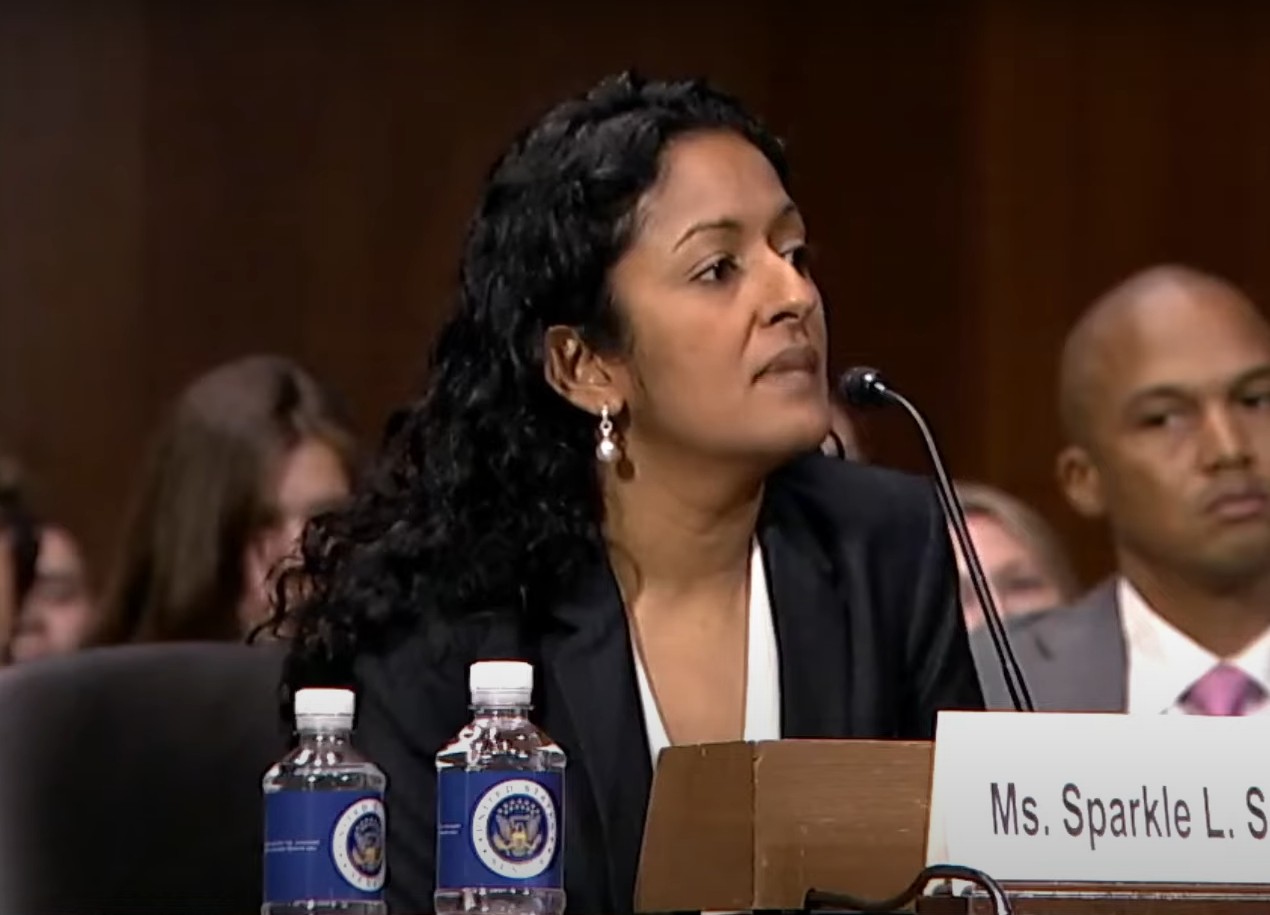A growing debate surrounds the eligibility of individuals with dual citizenship to serve in the U.S. government, particularly in light of recent judicial appointments. Critics argue that retaining foreign citizenship raises questions about loyalty and commitment to American interests.
Explainer USCIS Reinstates 'Good Moral Character' Requirement For Citizenship
The issue gained traction following the appointments of Amir Hatem Mahdy Ali and Sparkle Leah Sooknanan, both federal judges nominated by President Joe Biden. Ali holds Canadian citizenship, while Sooknanan is a citizen of Trinidad and Tobago. Critics assert that their dual citizenship undermines their ability to prioritize U.S. interests in their judicial decisions.
John Jay, a Founding Father and the first Chief Justice of the United States, cautioned against allowing foreigners into government positions, suggesting that it could compromise national integrity. "Permit me to hint, whether it would not be wise and seasonable to provide a strong check to the admission of Foreigners into the administration of our national Government," Jay stated in 1787.
Sooknanan has recently faced scrutiny for blocking the repatriation of Guatemalan children who had been trafficked to the U.S. The Guatemalan government had formally requested their return, and White House Deputy Chief of Staff Stephen Miller criticized the decision, stating, "These smuggled migrant children were orphaned in America by the Biden Administration. The minors have all self-reported that their parents are back home in Guatemala. But a Democrat judge is refusing to let them reunify with their parents."
Supporters of Sooknanan and Ali argue that their professional qualifications should take precedence over their citizenship status. They contend that many judges and officials born abroad have successfully served the U.S. without compromising their duties. For instance, Fifth Circuit Judge James Ho, born in Taiwan, renounced his foreign citizenship and has been recognized for his adherence to constitutional principles.
The issue extends beyond the judiciary. Some members of Congress are also under scrutiny for their dual citizenship. Representative Thomas Massie (R-Ky.) has introduced legislation requiring candidates to disclose any foreign citizenship. "Dual citizens elected to the United States Congress should renounce citizenship in all other countries," Massie stated. He emphasized the need for transparency, suggesting that candidates should disclose their foreign citizenship to voters.
Critics of dual citizenship in government positions argue that it poses a risk of divided loyalties. They point to instances where officials have shown favoritism towards their countries of origin, raising concerns about their commitment to American values and interests.
The debate continues as lawmakers and citizens grapple with the implications of dual citizenship in government roles. Proponents of stricter regulations argue that ensuring loyalty to the U.S. is essential for maintaining the integrity of its institutions. Meanwhile, opponents caution against overly restrictive measures that could limit the pool of qualified candidates.
As discussions unfold, the future of dual citizenship in American governance remains uncertain, with advocates on both sides presenting compelling arguments for their positions.
Why it matters
- Debate on dual citizenship in U.S. government intensifies after judicial appointments, raising loyalty concerns.
- Critics argue dual citizenship undermines judges' commitment to U.S. interests, citing recent controversial rulings.
- Legislation proposed to require disclosure of foreign citizenship for candidates, highlighting transparency issues.
What’s next
- Watch for upcoming congressional votes on dual citizenship legislation introduced by Rep. Thomas Massie.
- Public forums scheduled to discuss implications of dual citizenship in government roles.
- Monitor judicial decisions by Ali and Sooknanan amid ongoing scrutiny.

